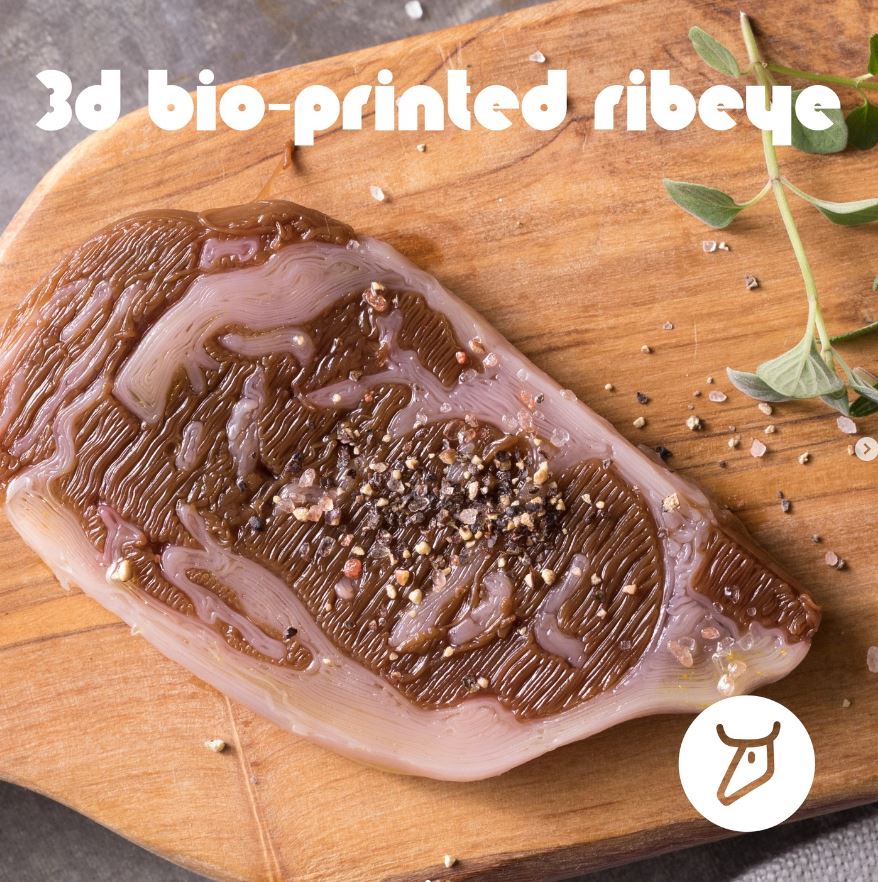Israel’s Aleph Farms has received initial approval from health officials to produce and sell cultured beef cell steaks, a groundbreaking development in the world of meat production. This means that instead of relying on traditional animal farming, the company will grow meat directly from cells.
An Israeli company has been given initial approval by health officials to sell steaks made from cultivated beef cells. These steaks are not made from the entire animal. This development comes after the approval of lab-grown chicken in the U.S. last year.
The Israeli Health Ministry granted initial approval to Aleph Farms in December. The news was announced by Israeli Prime Minister Benjamin Netanyahu, who referred to the development as “a global breakthrough.”
The firm announced its plan to introduce a cultivated “petite steak” to diners in Israel. The beef will be grown from cells taken from a fertilized egg of a Black Angus cow named Lucy residing on a California farm.
The company’s labels and final inspection must still be approved by regulators, according to Yoav Reisler of Aleph Farms. It could then be several months before diners have the opportunity to try the product.

Aleph Farms has recently joined Upside Foods and Good Meat, two firms based in California, that have been granted permission to sell cultivated chicken in the U.S. This development comes after the approval was given in June. The pursuit of creating cultivated, or “cell-cultured,” meat, also referred to as lab-grown meat, is being undertaken by over 150 companies worldwide.
Creating meat from cells is touted as a solution to reduce harm to animals and minimize environmental impacts caused by traditional meat production. However, the industry encounters obstacles such as high costs and the difficulty of meeting the demand for affordable and profitable production on a large scale.
Cultivated meat is produced in steel tanks using cells from a living animal, a fertilized egg, or a cell bank. Special nutrients are added to the cells to facilitate their growth into meat masses or sheets, which are then molded into familiar food forms like cutlets or steaks.
The Howard Hughes Medical Institute’s Science and Educational Media Group provides support to the Associated Press Health and Science Department. The AP has full responsibility for all content.
Recommend0 recommendationsPublished in News
Responses